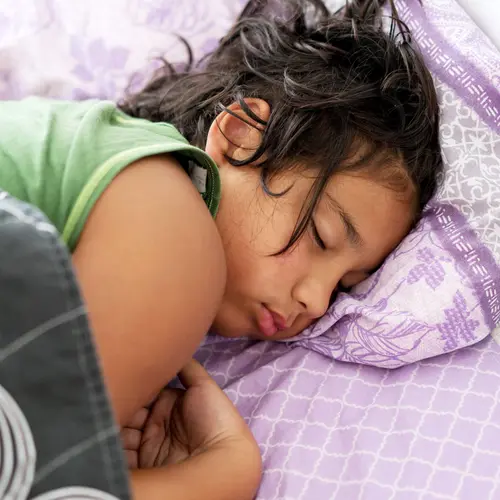You probably know what happens when you overindulge your kids with too much stuff. And maybe you manage to resist their constant pleas for toys, digital devices, and smartphone apps during most of the year. But when holiday season rolls around, do you feel pressured to deluge them with presents?
Whether all this gifting is good or possibly not depends on the motivation behind the presents, says Seema Desai, MD, a board-certified psychiatrist.
"In our culture, the holidays are a time for celebration, tradition, and, yes, gift-giving," Desai says. "What's important is for parents to reconnect with their own values, and to understand what brings them happiness. Gift-giving should not be fueled through a sense of guilt or obligation -- or manipulation on the part of the kid. It's really important that it comes from a place of compassion and generosity. The same series of gifts with different motivations have different effects -- and these motivations can affect the outcome for the child, too."
In other words, bombarding a child with presents to make her happy during this festive season without any larger connection to something meaningful -- spiritual or otherwise -- may leave both giver and receiver feeling empty. Desai is a big believer in rewarding kids with gifts that leave a sense of accomplishment or are tied to a greater achievement. She encourages parents to help their kids take part in "social activities that cultivate kindness, gratitude, service, and generosity, and foster a sense of connection and meaning."
She also advises linking gifts, as much as possible, with positive habits.
Happy Talk
Not only do kids develop better coping skills when they're not overindulged -- they're happier, too, according to a recent Children's Worlds study that surveyed kids across 15 countries, rich and poor.
Kids ages 8 to 14 were asked whether they had access to nine things (good clothes, a computer, the Internet, a mobile phone, their own room, books, a family car, a music player, and a TV) and about how happy they felt. Relative happiness was very high among all the children, with poorer Romanian children the happiest of all. Wealthier English kids ranked lower: 13 out of 15.
Interestingly, though, when the adults in these same countries were similarly polled, a direct link between material possessions and happiness showed up. Wealthy Norway ranked the highest with life satisfaction; impoverished Ethiopia ranked last.
Find more articles, browse back issues, and read the current issue of "WebMD Magazine."


